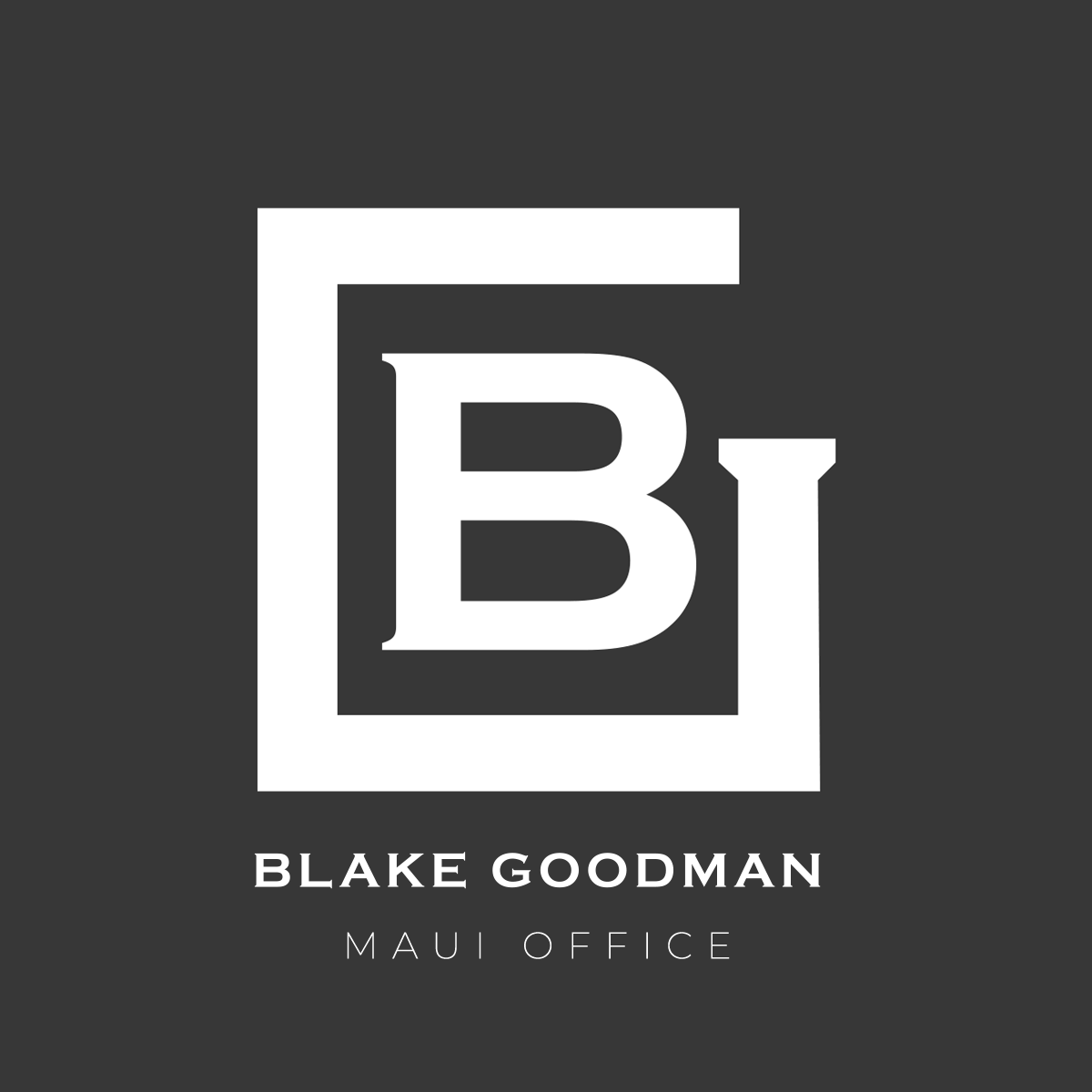
Bankruptcy is a powerful tool for improving your spot in life.
If you’re struggling to pay your bills, exhausting your savings, and dodging collection calls day and night, you might have options.
For the right individual, there can be several advantages to filing bankruptcy in Hawaii.
This can help eliminate the amount you owe and give you a fresh start. However, there can be serious downsides that you need to know before you file.
Accordingly, when you call our office, our attorneys will listen to your situation and discuss the best option for you.
For now, we’ll provide an overview of the pros and cons of filing for bankruptcy.
What Happens When You File Bankruptcy?
What happens when you file for bankruptcy depends on which chapter you file under. Most bankruptcies filed are under Chapter 7 or Chapter 13.
Chapter 7: Liquidation
When you file for Chapter 7 bankruptcy, your non-exempt assets are sold to pay off your debts.
After liquidation, you may receive a discharge of your eligible debts, like credit card and medical bills. Creditors cannot collect on discharged debts, and you can start to rebuild your credit.
However, not everyone qualifies for Chapter 7. If you make more than the state median, the Bankruptcy Code requires that you pass a “means test.”
If you have the income to repay some of your debts, you cannot file under Chapter 7.
Chapter 13: Repayment Plan
In Chapter 13 bankruptcy, you create a plan to repay a portion of your debts over three to five years. Many people file for Chapter 13 because they can keep their house or car and repay the arrears over time.
You can receive a discharge for many of your outstanding debts once you complete the plan. Chapter 13 is limited to those with total debts of less than $2,750,000.
What Are the Advantages of Filing Bankruptcy?
Regardless of which chapter you file, filing for bankruptcy initiates the automatic stay.
During the pendency of your bankruptcy, creditors cannot pursue collection efforts, including foreclosure and garnishment.
After bankruptcy, creditors can never ask you to repay a discharged debt. And even if you file Chapter 7, you’ll likely be able to keep most of your stuff.
The bankruptcy exemptions can help protect your home, car, and household goods.
What Is the Downside of Filing for Bankruptcy?
The obvious downside of filing for bankruptcy is that it affects your credit score. However, this mainly affects those with higher credit scores.
If you have a good credit score, your score could fall between 130 to 240 points. But you could see a slight boost if you have a poor score.
After bankruptcy, delinquent debts don’t count against your score, and bankruptcy could be the only negative.
Blake Goodman, PC, Attorney: What Are the Advantages of Filing Bankruptcy?
If you’re facing the pressure and stress of a financial crisis, we are here to help. The compassionate, experienced attorneys at Blake Goodman, PC, Attorney will listen and explain your options.
If bankruptcy is right for you, we will help you navigate the process and achieve the fresh start you deserve.
Visit any of our four office locations in Honolulu, Kaneohe, Aiea, or Maui and speak to an attorney today or use our contact form to speak with us.

Email: blake@debtfreehawaii.com
Website: https://www.debtfreehawaii.com/
HONOLULU OFFICE
900 Fort Street MallSuite 910
Honolulu, HI 96813
Phone: (808) 517-5446
AIEA OFFICE
98-1238 Ka'ahumanu StSuite 201
Pearl City, HI 96782
Phone: (808) 515-3441
KANEOHE OFFICE
46-005 Kawa StSuite 206
Kaneohe, HI 96744
Phone: (808) 515-3304
MAUI OFFICE
Our location has moved from
300 Ohukai RdSuite B317
Kihei, HI 96753
Phone: (808) 515-2037
to
220 Imi Kala St. #203B
Wailuku, HI 96793

